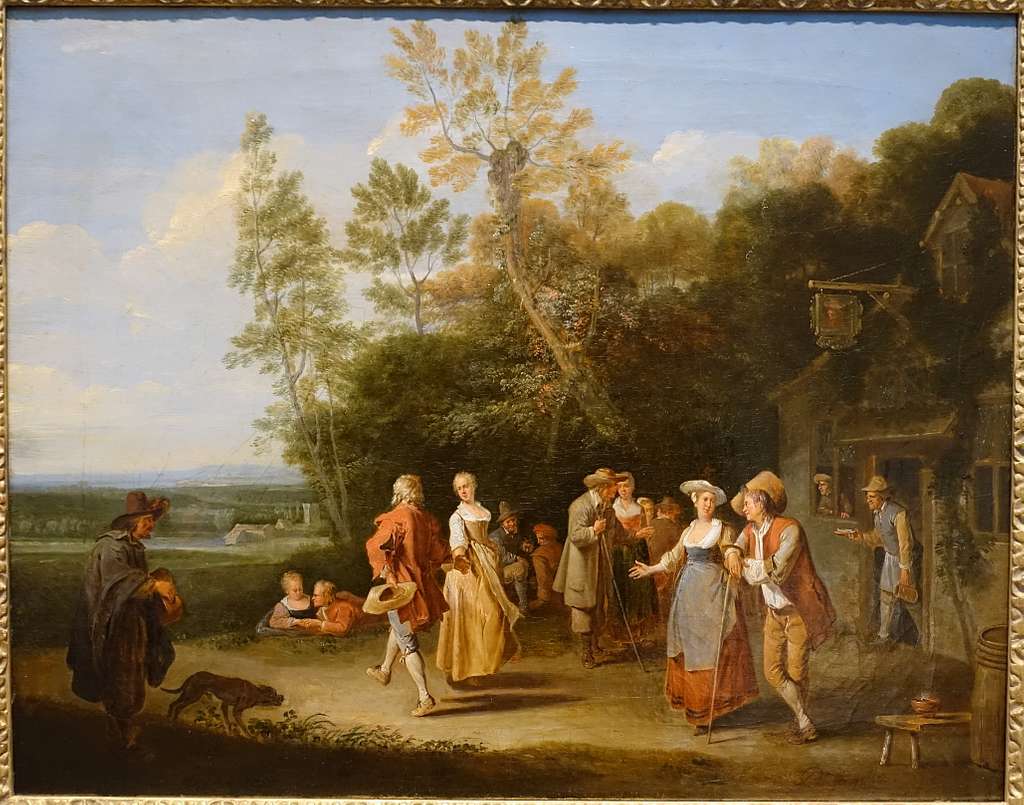Hidden Spring Lanes, Va. Fifteen years ago, the world was falling apart. The usual suspects were blaming each other for the problems, and, not surprisingly, both political and economic power benefited from the crisis even as nothing was done to address the underlying causes. In the dark days of the fall of 2008, a few friends and acquaintances began talking about establishing an online venue aimed at articulating an alternative to the inadequate Left-Right binary that had come to characterize the American political landscape.
In March of 2009, Front Porch Republic was launched. It was an exciting time. Friendships were strengthened through regular contact centered on a common purpose, and many friendships were formed as new writers joined the enterprise and readers found one another in their various locales. In the fall of 2011 at Mount St. Mary’s University, FPR held its first annual conference. These conferences provided a regular meeting place for FPR folks, both readers and writers. Over the years, regulars have come and gone, but a core has remained, and even many who have faded to the background remain in contact.
In the last decade, “localism” as a distinct political and social ideal has become much more prominent in the contemporary lexicon. I like to think that FPR, through the website, conference, books, and journal Local Culture, is making a real contribution by developing a theoretical account localism as well as offering practical examples of what it means to be committed to a place.
Nevertheless, perhaps one of the most durable legacies of FPR is the friendships that have been born and sustained over the years. Politics, like the poor, will always be with us, and if past performance is any indication, the political realm, even when functioning adequately, will often be a source of frustration, missteps, and disappointment. However, friendship is more important. Indeed, one thing that I hope is true at FPR is a simple principle: friendship trumps politics.
This point about friendship is significant. Our nation is populated by too many lonely, angry, and frustrated citizens who are increasingly uncertain about the meaning of citizenship, membership, or community. Any venture that can facilitate and encourage friendship is, indirectly, a positive political force.
Friendship is, in fact, a vital key to any flourishing political order, for friendship is rooted in affection and a commitment to the good of the friend, which translates in the aggregate to a commitment to the common good. And friendship is necessarily local. One cannot be friends with a nation. One cannot be friends with the world. One can only be friends with persons, and the best of friendships are necessarily local even if some are maintained, at least in part, through the double-edged sword of our technologies.
From its inception, the FPR leadership has denied that we are an “online community” because communities, in any meaningful sense, are local and embodied. However, our little venture can facilitate friendship and, in the process, contribute to the strengthening of local communities. We can model civility in the way we respond to those with whom we disagree. Common decency is not as common as it should be, but I hope that our little corner of the internet and the publishing world can be a place where good and earnest people find each other, find encouragement to love their places, and together commit to the hard work of being “local.”
Image Credit: Pieter Angillis, “The Village Party” (1727) via Picryl

Excellently said, Mark. My thanks to you and everyone else who, over the past decade and a half, have guided this wonderfully facilitating and strengthening project forward; my range of friendships has definitely benefited from that work, and I hope will long continue to be.
I’ve been a reader from the beginning. Indeed, I feel like I’ve grown into adulthood with FPR. I’m grateful for these fifteen years and hope there are many more to come.
I’m a newer reader so I hope the FPR has more legs in it yet. But congratulations on 15 years.
Comments are closed.